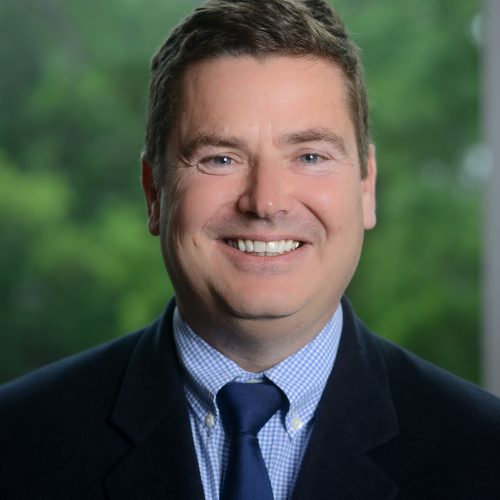David Kropaczek
Adjunct Professor

- kropaczek@ncsu.edu
David Kropaczek is the Director for the U.S. Department of Energy innovation hub – Consortium for Advanced Simulation of Light Water Reactors (CASL).
Formerly President and CEO of Studsvik Scanpower, the nuclear software division of Studsvik AB, Kropaczek holds a BS degree in Engineering Science from New Jersey Institute of Technology and Master of Nuclear Engineering (MNE) and PhD degrees in Nuclear Engineering from NC State University. He has over 27 years of experience in the nuclear industry with areas of expertise that include: fuel cycle and plant optimization, computational reactor physics and thermal-hydraulics, and numerical algorithm development. Previous experience includes positions in research, product development, and management including 9 years with General Electric (GE) Global Nuclear Fuel, developing methods and software for boiling water reactor (BWR) fuel technology; 12 years with Studsvik Scanpower, developing methods for real-time kinetics simulation and multi-cycle optimization; and 3 years in Westinghouse Fuels, with a focus on core design and monitoring applications. In addition, Dr. Kropaczek spent 3 years as a Research Assistant Professor at NC State working with students and R&D projects sponsored through the Electric Power Research Center.
Kropaczek’s professional activities include the American Nuclear Society (ANS) Reactor Physics Division Chair for the Advances in Nuclear Fuel Management topical meetings, and technical reviewer for several journals including Nuclear Technology and Nuclear Science and Technology.
CASL was established in 2010 to develop advanced modeling and simulation capabilities that serve as a virtual version of operational and future light water reactors. NC State is a founding partner of CASL, which is headquartered in the Oak Ridge National Laboratory. Other founding partners include: Westinghouse, the Electric Power Research Institute, Tennessee Valley Authority, MIT, the University of Michigan and the Idaho Los Alamos and Sandia National Laboratories. It has been renewed by the U.S. Department of Energy for an additional 5 years and $121.5 million. The renewal affirms the unique collaboration between universities, laboratories and industry to develop advanced computer models that will help engineers design the next generation of nuclear reactors and improve the performance of current ones. The team is working on making nuclear power more economical, reducing the amount of nuclear waste and assuring safety.
Education
Nuclear Engineering
North Carolina State University
Nuclear Engineering
North Carolina State University
Engineering Science
New Jersey Institute of Technology
